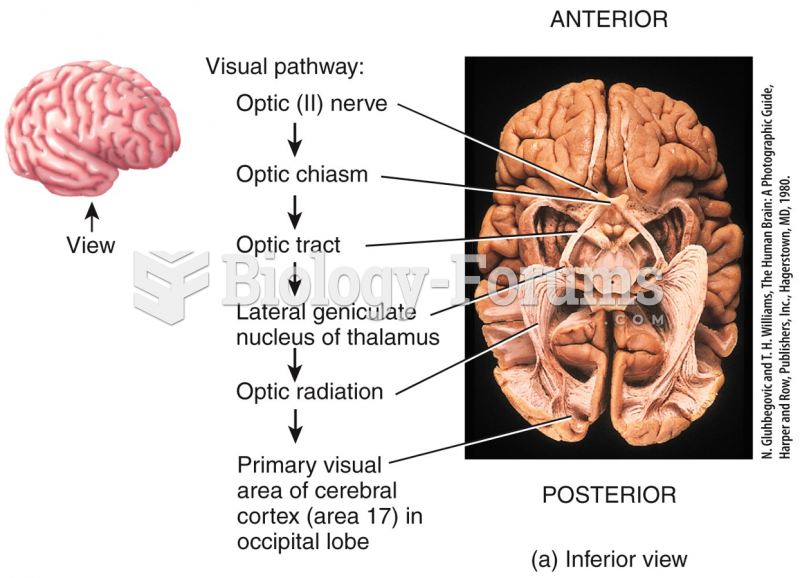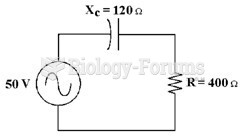Answer to Question 1
ANSWER:
Core Subjects and 21st Century Themes: Core subjects include English, reading, language arts, world languages, mathematics, economics, science, geography, history, government, and civics. The Partnerships 21st century themes include global and health awareness along with financial and civic literacy.
Learning and Innovation Skills: The Partnership identifies a number of skills as necessary for students to be able to succeed in the work environment of the increasingly flat world of the 21st century. These skills include the following: Creativity and Innovation; Critical Thinking and Problem Solving; and Communications and Collaboration.
Information, Media, and Technology Skills: Students need to be able to use new and emerging technology to learn 21st century skills and knowledge. These skills also are known as information literacy, media literacy and communications, and technology (or ICT) literacy.
Life and Career Skills: The Partnership stresses that students need more than content and thinking skills. It recognizes the following specific life and career skills that students need to have in order to be able to compete globally: Flexibility and Adaptability; Initiative and Self-Direction; Social and Cross-Cultural Skills; Productivity and Accountability; and Leadership and Responsibility.
Answer to Question 2
ANSWER:
ISTE is a nonprofit group that promotes the use of technology to support and improve teaching and learning. ISTE supports all areas of K-12 education, community colleges and universities, and teacher education organizations.
The International Society for Technology in Education Standards for Teachers (ISTE Standards-T) define the fundamental concepts, knowledge, skills, and attitudes for applying technology in K-12 educational settings.
ISTEs standards for school administrators International Society for Technology in Education Standards for Teachers (ISTE Standards-A) (updated in 2009) are organized in five categories: Inspire Excellence Through Transformational Leadership; Establish a Robust Digital Age Learning Culture; Advance Excellence in Digital Age Professional Practice; Ensure Systemic Transformation of the Educational Enterprise; and Model and Advance Digital Citizenship.
ISTE also provides International Society for Technology in Education Standards for Teachers (ISTE Standards-S). These standards are organized into four important categories: Visionary Leadership, Digital Age Learning Culture; Excellence in Professional Practice; and Systemic Improvement.







